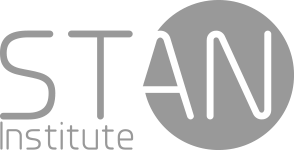Why choose our training courses?
Robotique surgery : Why choose our training courses?

Pilots are subject to strict international regulations that require them to obtain and maintain technical skills before they can fly aircraft. In contrast, surgeons can perform surgery using high-tech tools without any legal obligation to undertake specific technical training. Only professionalism guarantees the level of safety for the use of these tools. The need for specific, dedicated training is increasingly apparent today.
It seems to us that it is vital and imperative that quality training in robotic surgery (with the Diploma of Robotic Surgery training course especially) be provided to surgeons and operating room nurses.
If surgical professionals are armed with knowledge and skills developed during dedicated courses, their patients will benefit from the best of a partnership between man and machine.
Learning by doing, Diploma an others
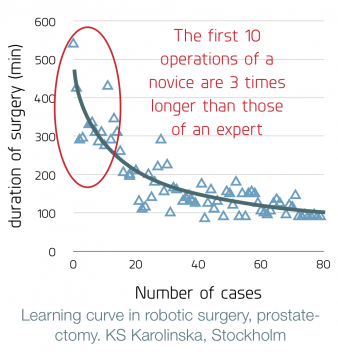 For a surgical robot to be fully efficient, its operator must be completely at home when using it. Its use must become intuitive. Unsurprisingly, the studies show that an inexperienced surgeon’s first robotic surgical procedures are both time-consuming and have elevated risk levels. There can be no substitute for a hands-on apprenticeship.Our main goal is to let practitioners carry out these first procedures without a patient. 75% of your time in the Institute will be on a dV-trainer simulator and a da Vinci robot, in Dry Lab sessions).
For a surgical robot to be fully efficient, its operator must be completely at home when using it. Its use must become intuitive. Unsurprisingly, the studies show that an inexperienced surgeon’s first robotic surgical procedures are both time-consuming and have elevated risk levels. There can be no substitute for a hands-on apprenticeship.Our main goal is to let practitioners carry out these first procedures without a patient. 75% of your time in the Institute will be on a dV-trainer simulator and a da Vinci robot, in Dry Lab sessions).
Our watchword is also a maxim of the French national health authority HAS: “Jamais la première fois sur le patient!“, in other words “Never the first time on the patient!”
On one of our courses, you make the transition from virtual surgical procedures with the maximum safety. Throw the Diploma of Robotic Surgery training course, a steady increase in the level of difficulty will give you the necessary time to appreciate the specific constraints of robotic surgery.
Performance and safety
It is no longer necessary to choose one over the other
Why do accidents happen?
Accident investigation reports show that one of the strongest contributory elements is “violation”.
What is violation?
It is a deliberate failure to comply with a rule or standard. In other words, the operator decides not to follow the procedure.
Why do people commit violations?
Usually because they want to achieve higher productivity. For example, the person who saves time by driving his car faster than the speed limit. It is important to realize that in so doing he increases both the likelihood of an accident and its potential severity. Of course, if an accident occurs, his performance and productivity become negative.
Why do we want to be more productive?
The reasons for this are often multiple and interdependent: There is the pressure to be profitable (to carry out tasks in a shorter time); personal comfort (to finish earlier); the spirit of competition, etc. Rather than condemning these factors, we must understand them, and find safe and effective alternatives.
Can we be more efficient while maintaining an appropriate level of safety?
Of course! There is often a lot more room for manoeuvre than one might think. Appropriate training and a programme for skills maintenance are the foundations of a culture of safety.
There is obviously a price to pay for this?
If an outlay lets you increase both productivity and safety, it’s an investment. If you think that training is too expensive, compare it with the costs of an accident.
How is this performance + safety culture implemented at the STAN Institute?
Our training programme was first set up in 2008, and since then it has been constantly improved over each session. Apart from this maturity, it benefits from our years of experience in operating risk management systems and optimisation of human performance. The techniques we use at the STAN Institute are similar to those used in the aviation and nuclear industries.
The team
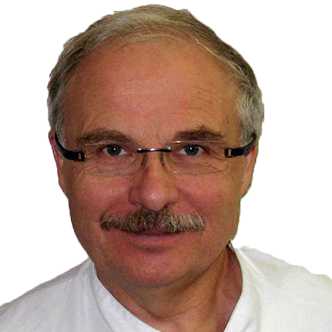 Pr Jacques HubertPresident of the scientific board of the STAN Institute
Pr Jacques HubertPresident of the scientific board of the STAN Institute Jean-Pierre-HenryPresident of the STAN Institute
Jean-Pierre-HenryPresident of the STAN Institute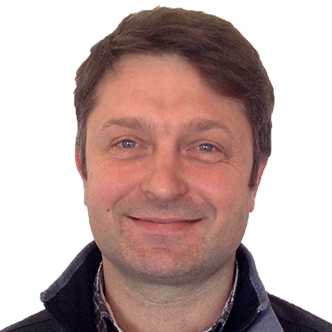 Alexandre ThouroudeFormateur
Alexandre ThouroudeFormateur Erwan de PenfentenyoSupport director
Erwan de PenfentenyoSupport director Marjorie MazeauDirector of Educational Programs
Marjorie MazeauDirector of Educational Programs Jeff Berkley, Ph.DCEO of Mimic
Jeff Berkley, Ph.DCEO of Mimic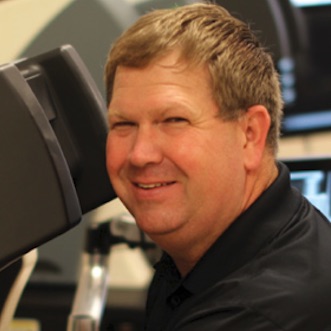 Todd LarsonDirector of simulation – AdventHealth University, Florida
Todd LarsonDirector of simulation – AdventHealth University, Florida Andreas KochMimic BDEMAE Director
Andreas KochMimic BDEMAE Director
